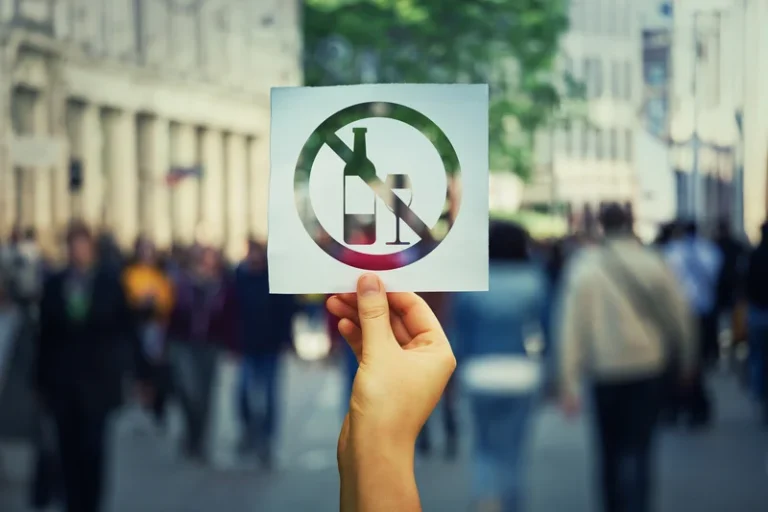
How to Handle Peer Pressure

Peers are people who are part of the same social group, so the term “peer pressure” refers to the influence that peers can have on each other. Usually, the term peer pressure is used when people are talking about behaviors that are not considered socially acceptable or desirable, such as experimentation with alcohol or drugs. According to child and adolescent psychiatrist Akeem Marsh, MD, “it’s very easy to be influenced by peer pressure as we humans are wired as social creatures.”
Physical Interactions
It is important for teenagers to be aware of the impact peer pressure can have on their lives and to develop strategies to navigate these influences effectively. By focusing on building confidence and self-compassion in teenagers, parents can empower them to resist negative peer influence and make choices that align with their values and well-being. Encouraging new experiences, fostering self-compassion, and maintaining open communication are key strategies for equipping teens with the tools they need to navigate the challenges of peer pressure. By being actively involved in their teen’s life and initiating important conversations, parents can create a strong foundation of support and guidance. This allows teens to feel comfortable seeking parental advice and assistance when faced with peer pressure situations. Open lines of communication and a trusting relationship are essential in helping teens navigate the complexities of peer influence and make informed decisions.
Talk to a Trusted Adult if They Feel Pressured

Engaging in side-by-side activities or having conversations in a car can provide a less confrontational environment. When addressing sensitive issues with teens, parents should acknowledge their own feelings and opinions and approach the conversation calmly. Teens may be less willing to engage in a discussion if they feel they already know the parent’s stance. It’s also crucial for parents to maintain their composure during these discussions. Yelling or overreacting can cause teens to shut down and can hinder productive communication. Asking questions out loud to a friend or a group of peers when in a tough situation may help win allies and take some of the pressure off.
Types and Examples of Peer Pressure in Teens
We all need to listen when our friends try to help us out with something like this. By putting themselves in others’ shoes, they bridge gaps, resolve conflicts, and create environments where everyone feels heard and valued. This quality teaches us the importance of compassion in our interactions, both personally and professionally. It’s possible that a friend who is peer pressuring you simply wants to spend more time with you or connect with you, but they don’t know how else to ask.
- When addressing sensitive issues with teens, parents should acknowledge their own feelings and opinions and approach the conversation calmly.
- LiveBeyond Counseling & Coaching offers a supportive and confidential space where you can express yourself openly and honestly.
- These can be based on students’ personal interests, class discussions, or other ideas.
- Teaching teenagers to evaluate their friendships is an important step in helping them cope with peer pressure.
- Here are three key strategies that can help teens navigate peer pressure assertively and confidently.
Go Ahead and “Blame the Parents”
By employing effective communication strategies and encouraging diverse social networks, parents can equip their teens with the necessary tools to navigate peer pressure situations. These tools empower teens to make informed decisions, resist negative influences, and build confidence in their ability to stay true to themselves. Open communication, understanding, and a non-judgmental approach are key in helping teenagers resist negative influences and make informed decisions that align with their values and goals. Understanding the impact of peer pressure and recognizing the difference between positive and negative influences is crucial for empowering teenagers to make informed decisions and maintain their individuality. Understanding the power of positive peer influence and facilitating a diverse social network can equip teenagers with the tools they need to navigate peer pressure effectively. Positive peer influence refers to the impact friends and peers have on encouraging responsible and healthy behaviors.
First Responder Mental Health: Why De-Briefing in Therapy is So Important
- Spending time with friends and family in person allows for deeper emotional connections, better understanding of non-verbal cues, and the development of strong social skills.
- Peer pressure can have a profound impact on a teen’s social and emotional development.
- In addition, teens are hardwired to connect with peers and strive for belonging.
- Use them as learning opportunities to reinforce their faith and equip them for future challenges.
- These tools serve as valuable resources to help teens cope with peer pressure and promote their mental well-being.
When faced with peer pressure, it’s important for teens to have effective strategies to resist and make choices aligned with their values and well-being. Here are three key strategies that can help teens navigate peer pressure assertively and confidently. These https://ecosoberhouse.com/ tools serve as valuable resources to help teens cope with peer pressure and promote their mental well-being. By utilizing these apps, teens can develop effective strategies, build resilience, and seek support when navigating the challenges of adolescence.

How to Help Your Teen Manage Toxic Friendships
Social networking platforms allow them to connect with friends, both near and far, fostering a sense of belonging and strengthening social connections. This connectivity can be especially beneficial for teens who may feel isolated or have limited opportunities for face-to-face interactions. By being aware of these factors, parents and caregivers can help guide their teens towards responsible and balanced technology use. Rather than worrying about the effects of their children’s friendships, parents would do well to focus on creating a positive, supportive home environment. That way, even if your child is peer pressured to do something they don’t want to do, they’ll feel comfortable coming to you to talk about it first.

How Does Peer Pressure Affect Teenagers in Recovery?
Parents can also encourage their teen to engage in positive activities and hobbies that align with their interests. By providing opportunities for healthy experiences, parents can help their teen build self-esteem and develop a sense of identity, making them more resilient to negative peer pressure. Spending time with friends and family in person allows for deeper emotional connections, better understanding of non-verbal cues, and the development of strong social skills.
It provides a variety of activities to help teens redirect their thoughts and find healthier alternatives to self-harm. The app incorporates techniques such as distraction, comfort, and expression, which of the following is a type of indirect peer pressure? allowing teens to develop effective self-management skills. The Child Help Hotline recommends this app as a valuable resource for those seeking assistance in overcoming self-harm tendencies.

© 2021 Oak Tree. All rights reserved.


Comments are closed.